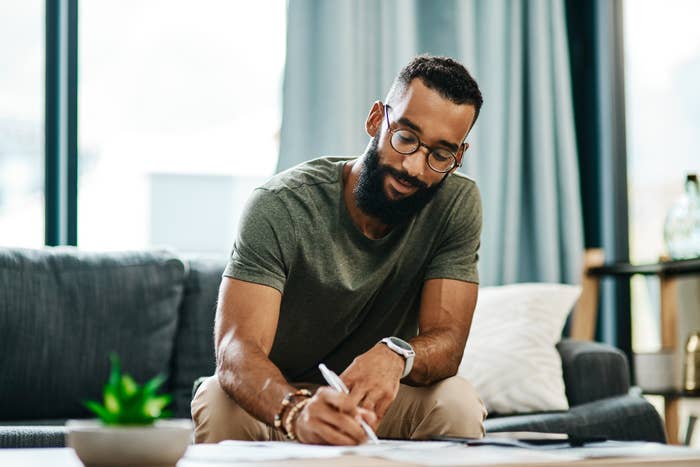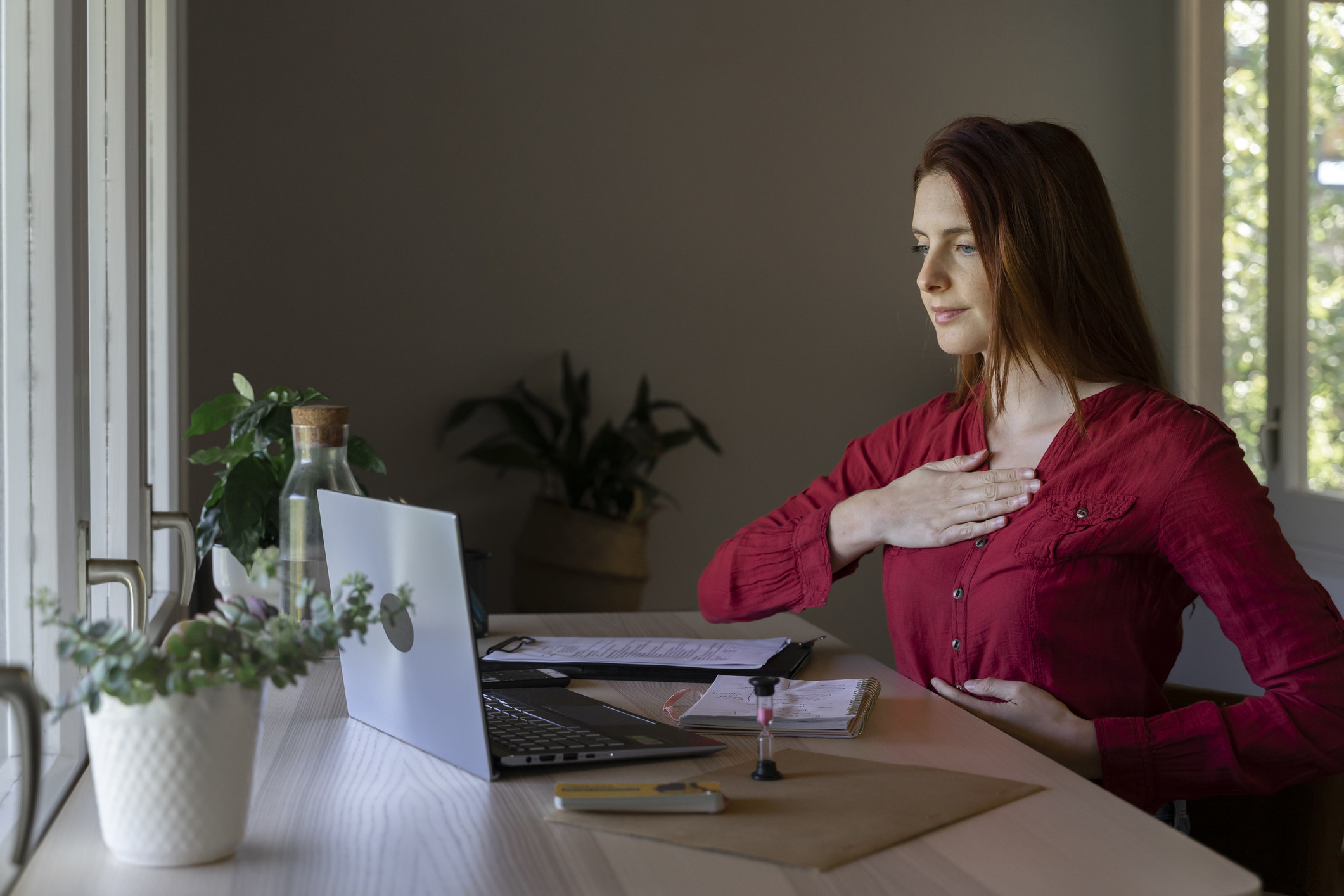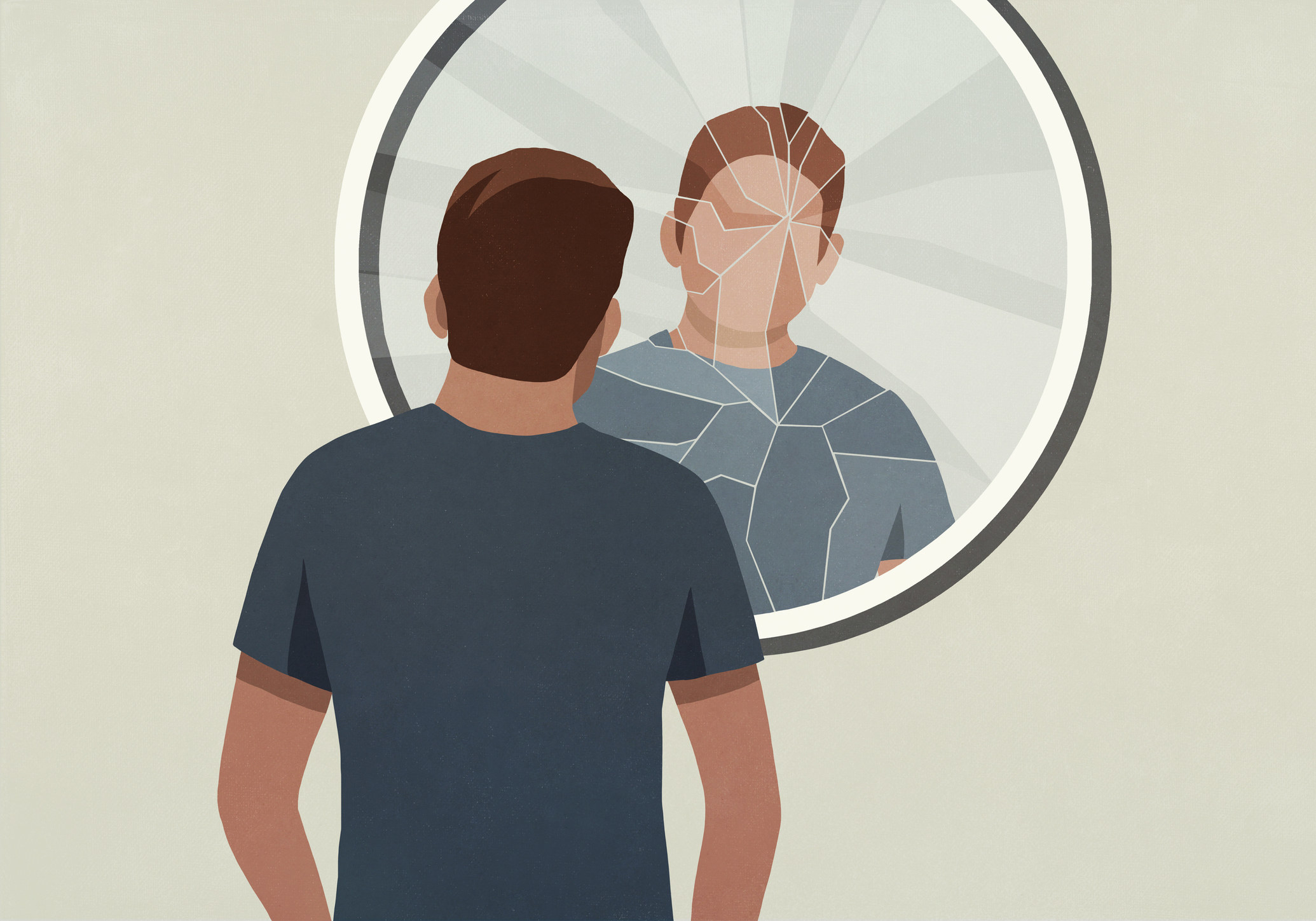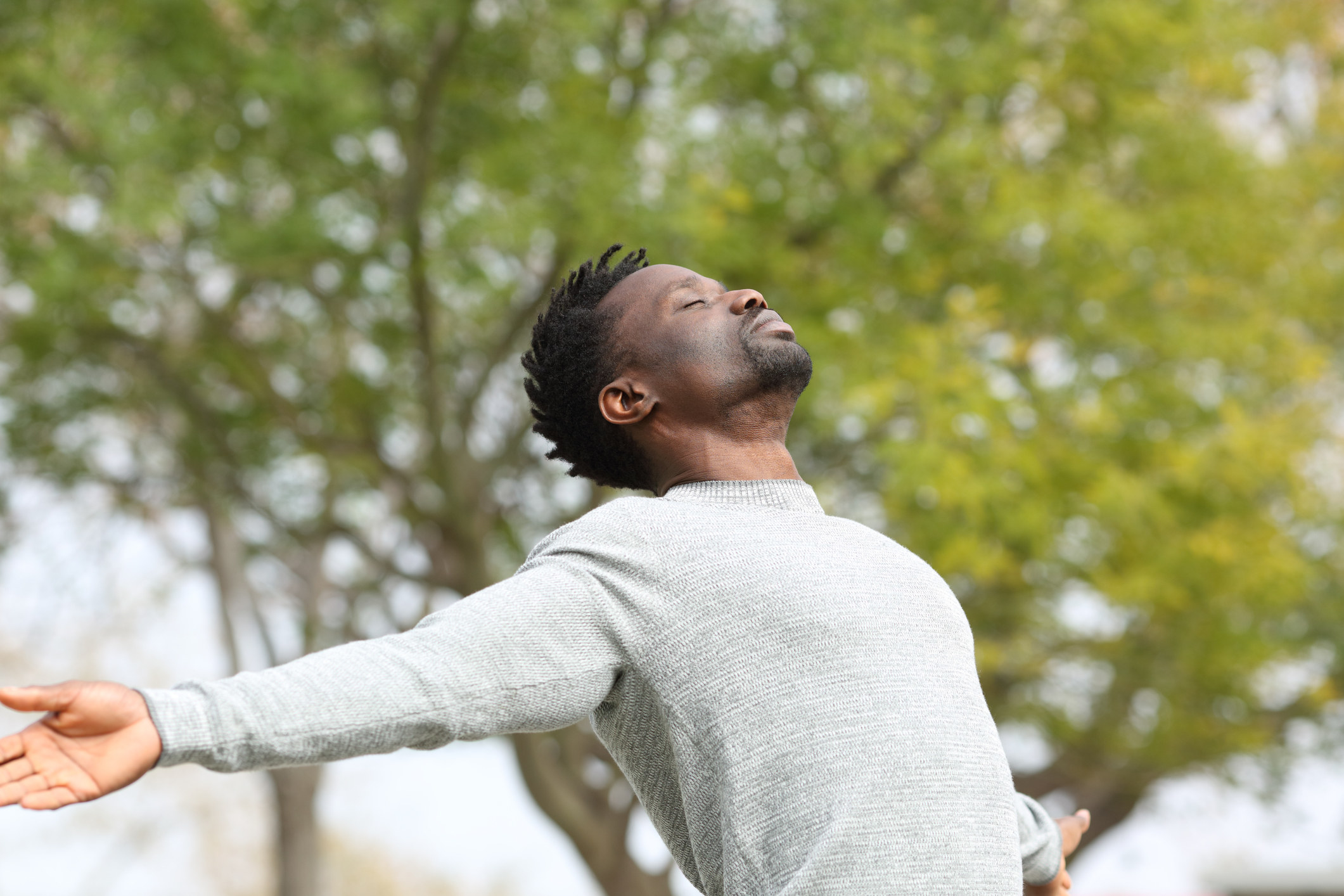We asked the BuzzFeed Community for questions they had about anxiety. Here are their questions, along with answers from actual Talkspace therapists.
1. "I worry a lot more these days about my family and about the future. Sometimes, I get so anxious it's like a loop inside my brain and I shut myself off from everyone. How can I stop that?" —hasp
Taking action is a very effective way to counteract anxiety. Ask yourself what small step you could take to feel slightly more secure or calm. Then, take another small step. One action at a time is the key to small wins of productivity in the short term and a feeling of more control and less overwhelming anxiety in the long run.

2. "Does weed make your anxiety better or worse? I've heard that it's actually worse in the long term but not sure what to believe. Similarly, does eating sugar affect anxiety? Thanks!" —Anonymous
Weed makes anxiety worse and in the long term, it can create more emotional problems including severe anxiety and depression. Eating sugar may create anxiety and an emotional rollercoaster effect (ups and downs), so limiting or avoiding its consumption is always recommended.
3. "Work and home have been extremely stressful the past several months. I've noticed that my temper has become very short and I get annoyed or agitated by things much more easily. How can I decompress when I just don't have time to stop right now? My sleep is suffering and I feel like I'm getting foggy and depressed. I feel like I'm failing." —Ethan_Elliott28
It sounds like you may be suffering from burnout. Burnout is a state of mental, physical, and emotional exhaustion. Spend some time reflecting on your life and how you spend your time. Are there boundaries that need to be set at work and with other people? That might look like learning to say “no” to additional projects and responsibilities so that you can say “yes” to connection, physical activity, rest, and meaning.
4. "How can I work on improving my self-esteem? What are the best ways for coping with anxiety?" —dittajade
Improving self-esteem is the culmination of small actions over time that add up because of clear, intentional work. Think about ways you can challenge any negative thoughts or beliefs about yourself, surround yourself with positive people, and create habits around living a healthy lifestyle. Two other ways we know to boost self-esteem are repeating affirmation and making sure we practice setting healthy boundaries. Coping with anxiety is also a practice of putting actions into place. Breathing exercises are effective, as is journaling, challenging negative beliefs and getting in enough exercise. Remind yourself that anxiety comes and goes, never stays forever, and we have control over how we manage it. It helps provide perspective when we're in the midst of really feeling the intensity of it.

5. "My girlfriend says I’m thrashing around at night. I don’t wake up but the next morning I’m exhausted. My job is so stressful right now. Could this be anxiety? I don’t feel anxious during the day — mainly just tired." —dickiegreenseed
It could be anxiety or possibly stress or a combination of both. It's common to compartmentalize our stress during the day and have it resurface at night. Exercising, meditating, journaling, and practicing breathing exercises could be helpful to manage excess stress and anxiety. It provides a conduit to process and metabolize our thoughts and feelings, and gives space for additional insight into situations. If you do not see the results you want after applying some of these coping skills, visit your doctor or therapist to find out if something else may be causing it.
6. "How can I communicate my anger without embodiment? I feel like unless I rise to that level, I’m not heard. I want to be fair but I don’t want to become a doormat in the process." —Anonymous
When we get angry, our sympathetic nervous system can get activated and adrenaline starts pumping, and it can be hard to think and communicate clearly. When you notice feelings of anger, consciously slow down your breathing to give yourself space to respond thoughtfully. Ask yourself what emotion is under the surface of your anger. Are you feeling disappointed, frustrated, attacked, overwhelmed, insecure, embarrassed, taken advantage of, exhausted, or sad? By identifying what is fueling your anger, you can assertively communicate your concerns in a more effective manner.

7. "How do I know if I am OK? Therapy is too expensive and my whole family thinks my mental health is perfect. I have been struggling day to day and need to know if it's just me or my mental health." —hayley
Being “OK” is defined differently for different people. Your family could say that your mental health is perfect whereas you could feel like you are really struggling. A quick checklist that might help: Are you viewing yourself, others, and the world in more positive ways than negative? Are you fueling your physical body with nutrition and exercise habits? Do you feel like you belong in your community and you have significant relationships that energize you? While these questions will not reveal the perfect answer, they might get us closer to sorting through OK vs. not so OK.
8. "Why is everyone so much better at life than me? At coping? At doing all the things?" —hiitsnicetomeetyou
We are often our own worst critics. Other people see us in a much more positive light than we see ourselves. Instead of assuming that everyone has a much better life, what if we asked them for feedback about our lives? Or even better, and what I often do, is ask other people about their hurdles and what they do about them. People are often struggling in ways that we know nothing about.

9. "What simple techniques can you recommend for people who can’t afford a therapist to improve their lives and ease anxieties?" —Lilioctopus
What a great question! I focus on cognitive behavioral therapy strategies. I love TIPP (temperature, intense exercise, paced breathing, and paired muscle relaxation) to reroute our thinking patterns. Change your temp by splashing cold water on your face, jumping into an intensive exercise regimen, performing pulsed breathing (inhale to four, hold for four, exhale for four), or performing paired breathing with muscle tension and relaxation. Practicing to be grounded is another great technique. Find five blue items in the room or a tart candy to suck on, feeling the sensations as you experience them. Finding the coping skill that most closely resonates with you is the hardest part but once you do, you can be confident it will stick.

10. "I think I need professional help from a therapist but I’m afraid of being so vulnerable with my feelings. Any advice?" —lafanimalgirl
Take it one step at a time. Meeting with a therapist doesn’t mean you’ll share everything and your therapist will actually guide you to start slow and pace yourself. Therapy begins with a simple conversation and builds over time. Try it out!
Contributors: Liz Kelly, LICSW; Meaghan Rice, PsyD, LPC; Cynthia Catchings, LCSW-S; Dr. Amy Cirbus, LMHC, LPC.
